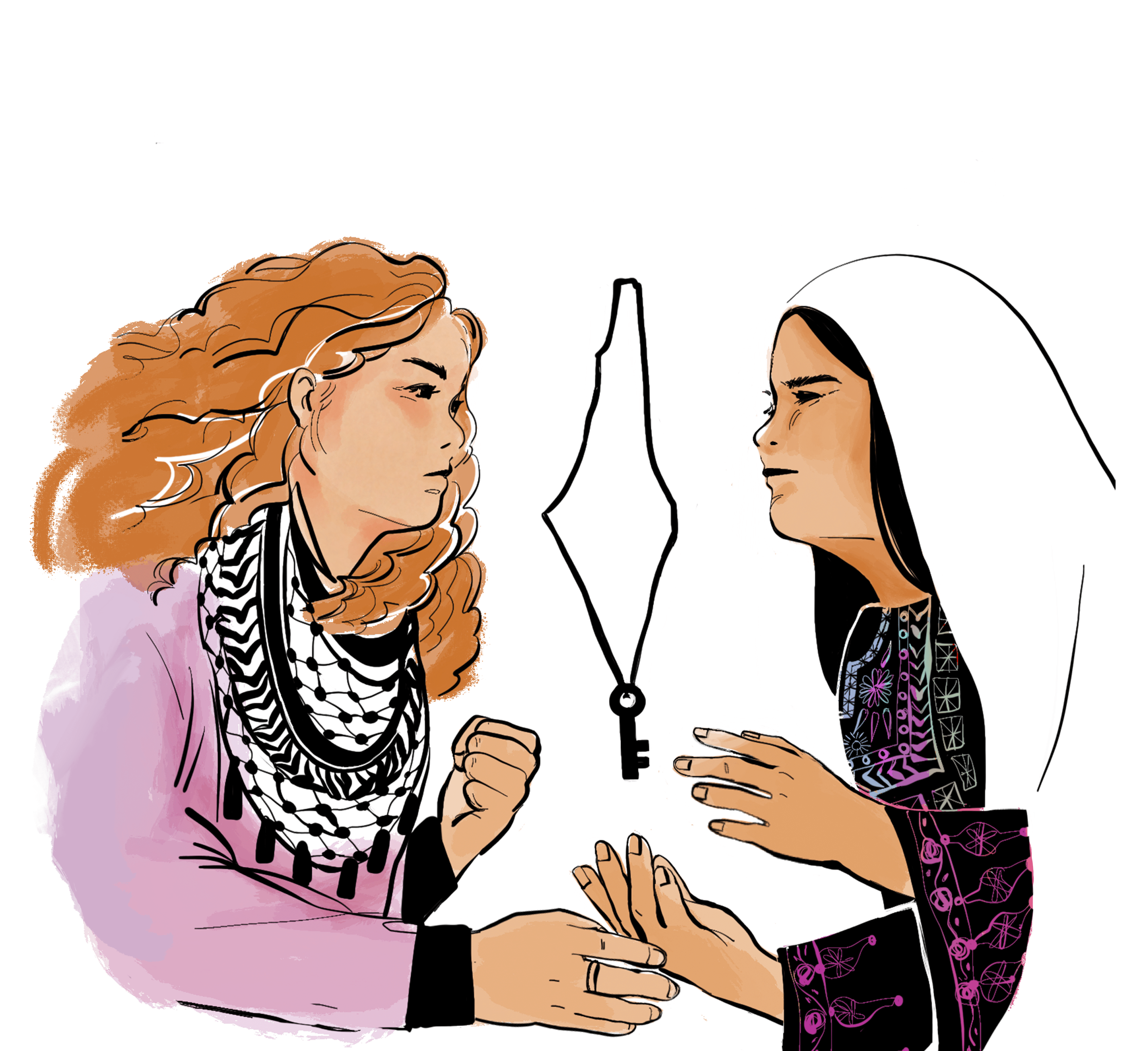
Our communities are being ravaged by systemic racism, sexism and the impacts of a changing climate. Women and children disproportionately face the burdens of these crises. Imperialist war amplifies the compounding crises shouldered by the working class. The rich and powerful cynically claim that imperialist war making is a progressive project by pointing to the increased representation of women and people of color among ruling-class decision makers. In reality, expanding wars increase suffering for the vast majority of women. But as Assata Shakur reminds us, “Where there is repression, there will be resistance.” Working-class women are — and always have been — on the frontlines of the fight against imperialism and for our liberation.
The ravaging conditions of war
The U.S. military, the primary and most violent perpetrator of global warfare, is the largest user of fossil fuels in the world, and thus the largest contributor to climate change. Women and girls are disproportionately threatened by climate change because they constitute the majority of the poor around the world and are more likely to be dependent on the land and natural resources for their livelihood. In addition to to the direct threat on their lives posed by climate disasters, the process of displacement also elevates the risk of gender-based and sexual violence.
The Pentagon itself is also to blame for disgusting levels of sexual abuse perpetrated against women and children around the globe. Sexual assaults committed by U.S. troops in the Philippines, South Korea, Iraq, Afghanistan, and Haiti are well-documented. U.S. military personnel have been charged with sexual misconduct in at least 22 countries in Africa. Sexual abuse is also endemic within the ranks of the U.S military; nearly one in three servicewomen are raped during her military service.
Imperialist war also exacerbates divisions along race and national lines, producing and perpetuating racism. It is no coincidence that as the U.S. builds toward military conflict with China, violence against Asian and Asian-American women is on the rise. Racist hatred is being manufactured in order to prepare the U.S. working class for military confrontation with China. Pedaling racist narratives to justify unpopular wars, occupations, and military interventions is an old imperialist tactic with dangerous consequences for working-class and oppressed people the world over.
A classless analysis of war is a dead end
The ruling class tries to hide the fact that war has disastrous and disproportionate impacts on working-class women by using rich and powerful women as their public spokespeople. Let us be clear: Being a woman doesn’t inherently mean you are against war. Class position is a critical factor in whether one benefits from imperialist war, and the experience of ruling-class women is not the experience of working-class women. While most women live our lives focused on surviving a system that profits from exploiting us, ruling-class women benefit from that very same system.
When the ruling class boasts about women’s increased role in the capitalist, war-driven system that serves to suppress the vast majority both here and abroad, we must understand that this is not our reality. When Hillary Clinton and Condoleezza Rice are painted as “girl bosses” and “feminist leaders” simply for being women in power, we have to question which women they are fighting for. When these misleaders push for more imperialist war because of their class position, it becomes clear that they are not fighting for working-class women at all. Representation within a system built to exploit us is a dead end, and working-class women around the world know it. That is why women continue to fight against imperialism and for a new system.
The war for working class liberation
Not all war is the same. Imperialist war, which seeks to consolidate the power and profits of a select few on a global scale, is an enemy of the working class. But there is another form of war, a war to end all wars, that the working class globally has and continues to struggle for — the war for working-class liberation. Historically, women — from Vietnam to Burkina Faso to the United States — have played critical roles in furthering revolutionary struggles to end the brutality innate to capitalism and imperialism.
Struggles for national liberation transform consciousness and require the participation of women in critical roles that exceed the position of “victim.” Nowhere is this clearer — historically and in our present moment — than in the struggle for Palestinian self-determination, a mass struggle against the Israeli occupation. Palestinian women are combatants, strategists, and leaders in the fight for a free Palestine. This has been true since the women-organized demonstrations against new Jewish settlements in 1893.
As Zionist paramilitary assaults on Palestine intensified in 1947 in the lead-up to Al-Nakba, sisters Moheba and Arabiya Khorsheed founded Zahrat al-Uqhawan, the Chrysanthemum Flowers. The Palestinian women’s society collected funds to buy weapons and provide relief to displaced Palestinian families. After Moheba witnessed a British sniper murder a Palestinian boy in his mother’s arms, the sisters transformed the Chrysanthemum Flowers into an all-woman armed organization. Moheba played a leading role in the armed struggle to defend Yafa. She organized and implemented operations, developed military strategy, and collected arms. The Khorsheed sisters were also known for their fiery speeches and sharp political analysis. The Khorsheed sisters — like the women who lead today’s struggle for Palestinian liberation — refused to be victims of the colonial conditions imposed on them and their people; they used their experiences to propel them forward in the fight for liberation.
Imperialist war critically impacts the lives of women around the world — and that is exactly why women are critical to the fight against imperialism. Women are not simply victims, sitting back passively in response to depreciating conditions. With the least to lose and the most to gain, working-class women have always been and will continue to be key participants in the fight for real peace and prosperity.

